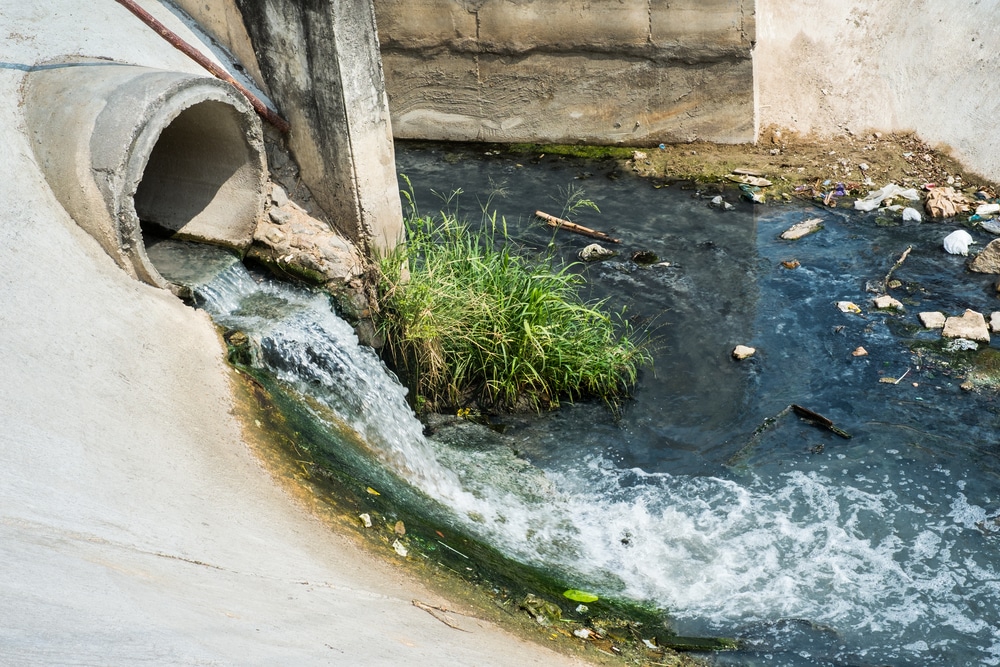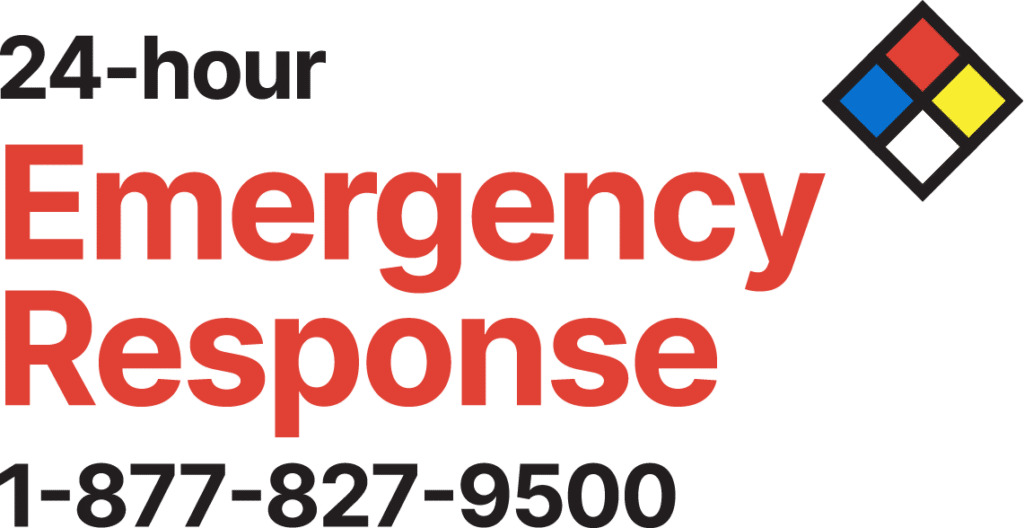The Clean Water Act of 1977 governs how individuals and corporations are able to interact with our nation’s waterways. The goal of the act is to limit harm to wetlands and other natural spaces by controlling pollution levels and to help companies act responsibly in regard to their environmental impact. Learn about NPDES permits to stay in compliance with this important legislation.
What You Need to Know About NPDES Permits
The Clean Water Act requires a National Pollutant Discharge Elimination System (NPDES) permit for any corporation or individual that manages waste by releasing it into waterways in the United States. If you need to comply with this legislation, it’s important that you understand the basics of NPDES permits.
What Is an NPDES Permit?
In 1977, the Clean Water Act was passed in order to give the Environmental Protection Agency (EPA) more authority to respond to water pollution. The Clean Water Act allows the EPA to specify what sort of substances are allowed in waterways and set amount limits and other constraints on companies who use them for waste disposal. An NPDES permit helps a corporation stay in compliance by providing Clean Water Act guidance tailored to their specific situation, and confirms they are acting in an environmentally responsible way.
When Is an NPDES Permit Needed?
According to the Clean Water Act, an NPDES permit is needed for anyone who is releasing any substance into a United States waterway. There are some exceptions as to when and how NPDES permits are required, depending on how waterways are managed in your locality. For example, if you are releasing wastewater into a municipal sewer system, local regulations will govern what you are permitted to do instead of the Clean Water Act. However, most natural bodies of water like lakes and rivers are governed by the Clean Water Act, as are many larger manmade waterways. Disposing of waste in a United States waterway that the Clean Water Act governs without an NPDES permit is against the law. So, if you are not sure if you need an NPDES permit, you should contact your local EPA administrator.
What Kinds of NPDES Permits Exist?
There are two types of NPDES permits that are available. An individual NPDES permit is meant for a single person or corporation and is unique to them and their specific site. A general NPDES permit is provided to operators of multiple sites in similar conditions and is meant to govern their general operations. If you aren’t sure which one you need, ask your local EPA administrator.
What Does an NPDES Permit Allow Me to Do?
An NPDES permit allows a corporation to manage the release of materials into United States waterways in a way that limits overall environmental impact, as defined by the Clean Water Act. The information provided by an NPDES is intended to translate the requirements of the act into actionable steps for the permit applicant:
- Acceptable levels of substances that can be released into the water
- Best management practices for the release of substances, i.e., protective equipment and other material expectations
- Any site-specific conditions that affect the management of substances in wastewater
- Any other specific guidance that ensures a company will be acting within local, state, and federal guidelines governing water quality and environmental impact
How Long Does an NPDES Permit Last?
An NPDES permit has a time limit of five years from the date of issuance. A permit can be renewed at any point after the initial approval, and can also be administratively extended if needed.
_____
Understanding how an NPDES permit applies to your business can be confusing, so don’t go it alone. Environmental Works has years of experience working with the EPA, and we can help you make the best decisions for your business. Give us a call today.
Are you in need of an environmental consultant? When you’re ready, you can contact EWI online or call 877-827-9500 for more information. We have in-house experts ready to help walk you through the specifics of your organization’s planning and compliance needs. Our team can also work with you to develop an ongoing plan for your business to ensure ongoing environmental responsibility.




